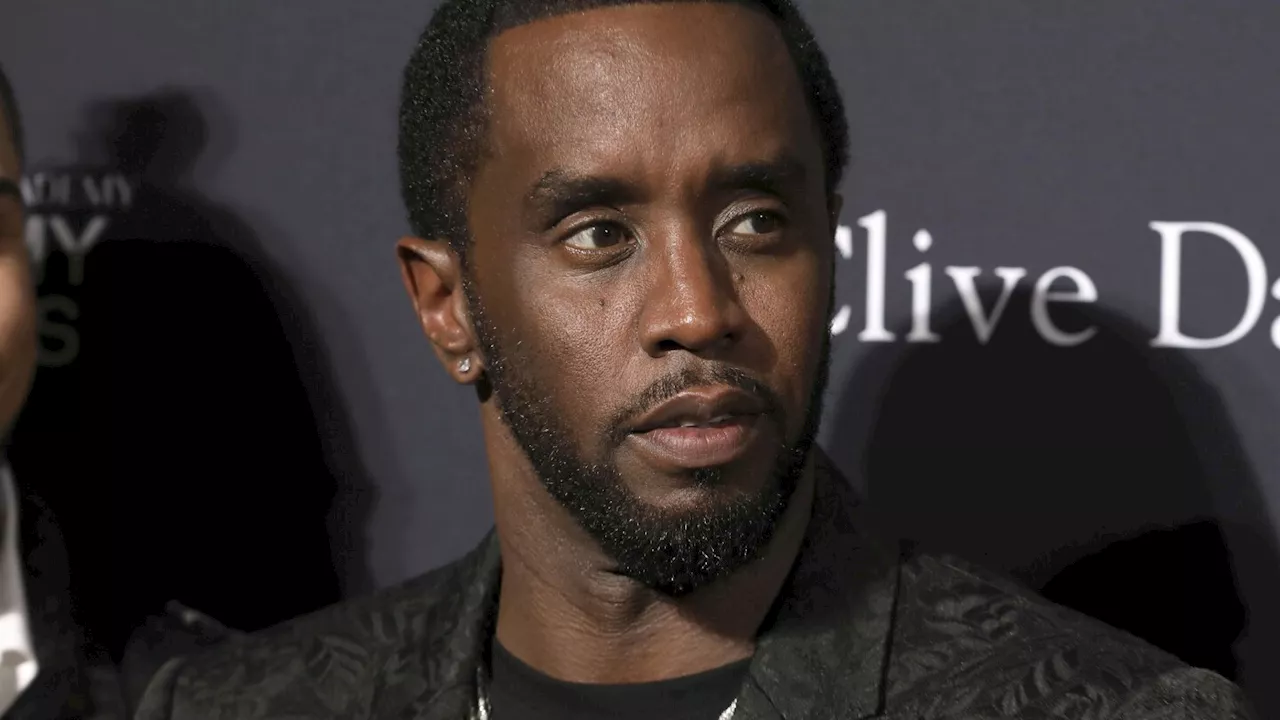Attorneys for Sean ‘Diddy’ Combs filed a substantial 380-page memorandum on September 23, 2025, advocating for a lenient sentence of no more than 14 months following his conviction on prostitution-related charges. The defense team urges the judge to consider Combs’s time already served during his incarceration since his arrest over a year ago in New York.
The memorandum centers on Combs’s conviction for interstate transportation of consenting adults for the purpose of prostitution. The defense asserts that this charge should solely guide the sentencing decision. They argue that any imposition of a harsher sentence, based on unproven allegations of sex trafficking, racketeering, or coercion, would constitute an unlawful perversion of justice.
Highlighting the jury’s acquittal of more severe charges, including sex trafficking, the defense makes a clear distinction. They emphasize that Combs’s conviction should not be conflated with the sensational allegations that have surrounded the case.
In addition to legal arguments, the memorandum serves as a multifaceted plea for leniency. It includes letters from family members, friends, and business associates, aiming to humanize Combs and provide insights into his character and contributions to the community.
The defense’s submission counters anticipated recommendations from prosecutors and the Probation Department, which may propose a sentence of around five years. They describe such recommendations as “draconian,” likening the prosecution’s approach to the Queen of Hearts from *Alice in Wonderland*. The legal team criticizes the government’s apparent determination to punish Combs according to a narrative that does not align with the jury’s verdict.
The defense further contends that Combs did not financially benefit from the alleged prostitution crimes. They claim that the transportation facilitated consensual encounters involving Cassie Ventura, who testified under a pseudonym, and male escorts. The argument emphasizes that these interactions were between fully competent adults who voluntarily engaged in consensual acts, directly opposing any allegations of coercion or force.
In their portrayal of Combs, the defense describes him as “an extraordinary person” who has made significant contributions throughout his 55 years. They underline the emotional toll he has endured, detailing personal losses, including the deaths of his father, his best friend Christopher Wallace, the mother of his children Kim Porter, and his mentor Andre Harrell. The attorneys argue that these events, compounded by struggles with substance abuse, anger, and anxiety, warrant compassion during sentencing.
As the case approaches a crucial juncture, Combs’s legal team remains focused on securing a sentence that reflects his character and the circumstances surrounding his conviction. They advocate for a resolution that would allow him to return home to his family, emphasizing that he has already faced significant consequences during his time in custody.
In this high-profile case, the legal strategies employed by both sides will be closely scrutinized as the judge prepares to deliver a final ruling.







































































